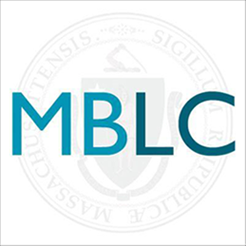Governor Charlie Baker sent out an email to state employees regarding the Coronavirus or COVID-19. Here is what he had to say, and some tips to help prevent the spread of the diseases including the flu and the common cold:
Your health and safety is our top priority. While the risk associated with the Coronavirus or COVID-19 remains low in Massachusetts, I want to discuss what we are doing to prepare and what you can do to both stay informed and to prevent spreading the virus.
We have been working with our federal and local partners daily as we build on our existing plans to deal with this virus, and we will adapt when need be to keep people safe. Yes, it is very contagious, but it is also not a danger to the vast majority of the people who do catch it. The threat in the U.S. and the threat in Massachusetts at this time remain low, and our constant surveillance efforts and ongoing dialogue with the health care, infectious disease and public health experts here in Massachusetts will ensure we make appropriate adjustments along the way.
These simple precautions will help prevent the spread of the flu and other respiratory illnesses:
- Cover your mouth when you cough or sneeze, using a tissue or the inside of your elbow.
- Wash your hands for 20 seconds with soap and warm water frequently and use hand sanitizer.
- If you have a fever or feel sick, stay home and call your healthcare provider.
- Clean surfaces that are frequently touched such as doorknobs and countertops with household cleaning spray or wipes.
- Think ahead about how to take care of yourself and your loved ones if the virus starts to spread.
- Get the flu vaccine – it is not too late!
The latest information about COVID-19 in Massachusetts is available at the Department of Public Health’s website here: https://www.mass.gov/guides/information-on-the-outbreak-of-2019-novel-coronavirus-covid-19
And a printable factsheet is available here: https://www.mass.gov/doc/english-2019-novel-coronavirus-2019-ncov-0/download
The latest Centers for Disease Control information about COVID-19 is available here: https://www.cdc.gov/coronavirus/2019-ncov/index.html
Additionally, MEMA’s Office of Preparedness and Emergency Management has posted helpful recommendations for what individuals can do to prepare for potential emergencies. That information is available here: mass.gov/KnowPlanPrepare
It is important to remember that there is only a single case in Massachusetts and local health officials confirm that this individual is recovering well.
The folks at HHS and DPH are working around the clock with our federal partners. I want to thank them and everyone across state government for serving the people of Massachusetts.

